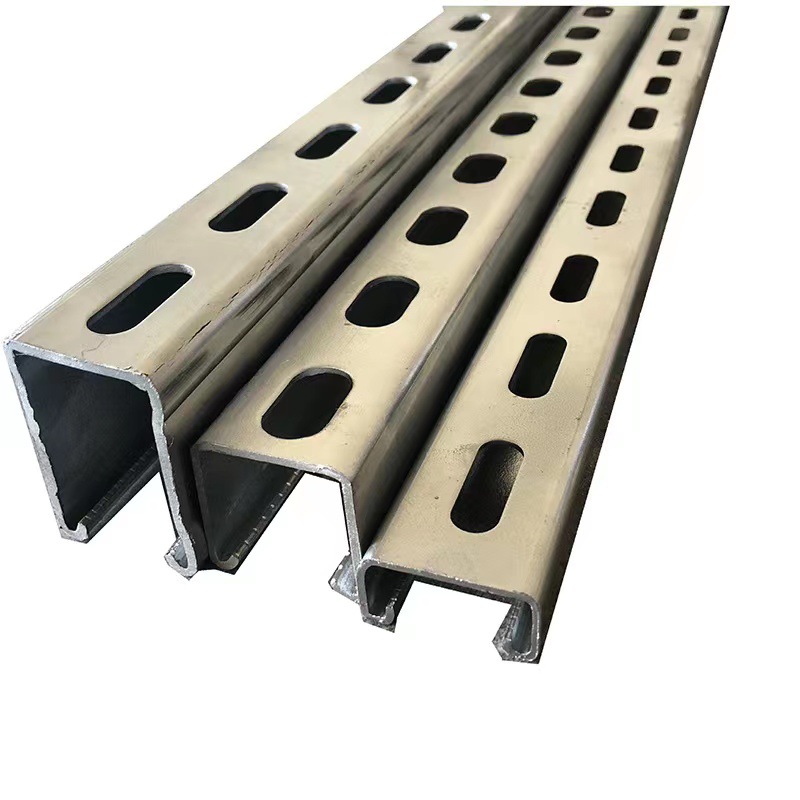

Understanding the Importance of Lock Nuts in Mechanical Applications
Out . 31, 2024 12:02 Back to list
Understanding the Importance of Lock Nuts in Mechanical Applications
The Importance of Lock Nuts in Mechanical Applications
Lock nuts are essential components in the realm of mechanical engineering and assembly. Designed to prevent the loosening of fasteners, they play a critical role in ensuring the integrity and safety of various applications. Understanding their function and importance can aid in better assembly practices and maintenance routines.
Lock nuts are typically used in situations where vibrations or dynamic forces may cause standard nuts to become loose over time. These conditions are common in machinery, automotive applications, and infrastructure. By incorporating lock nuts into a design, engineers can significantly enhance the reliability and longevity of their assemblies.
There are various types of lock nuts, each optimized for specific applications. The most common types include nylon-insert lock nuts, serrated lock nuts, and prevailing torque lock nuts. Nylon-insert lock nuts feature a nylon collar that grips the threads of the bolt as it is tightened, providing additional friction to resist loosening. Serrated lock nuts have teeth that bite into the surfaces of the components they are fastening, effectively locking the nut in place. Meanwhile, prevailing torque lock nuts utilize a specific design to create friction within the threads, ensuring they remain tight even when subjected to vibrations.
lock nut

Not only do lock nuts offer security, but they also support maintenance practices
. In dynamic environments, where components often require disassembly for inspection or replacement, lock nuts can be reused without losing their effectiveness. This feature makes them both economical and practical.Moreover, lock nuts contribute to safety in high-stakes applications. For instance, in the aerospace and automotive industries, failing to account for loosening fasteners can lead to catastrophic results. The use of lock nuts in these contexts is not just a recommendation but often a regulatory requirement.
In addition to their mechanical benefits, the appropriate selection and application of lock nuts can alleviate design stress. Engineers often find themselves balancing weight, cost, and performance. By specifying the right type of lock nut, they can achieve the desired performance without compromising the overall integrity of the design.
In conclusion, lock nuts are an integral part of mechanical assemblies that should not be overlooked. Their ability to maintain tightness in the face of vibration and movement enhances the reliability of machinery and structures. As industries continue to evolve, the demand for secure and reliable fastening methods, including lock nuts, will undoubtedly increase, illustrating their timeless relevance in engineering design.
Latest news
-
Hot Dip Galvanized Bolts - Lanzhou Fasteners Co., Ltd.|Corrosion Resistance&Industrial Applications
NewsJul.13,2025
-
[Product Name]-[Company Name]|[Key Feature 1]&[Key Feature 2]
NewsJul.13,2025
-
SmartFlow Pro- SmartFlow AI | Enterprise Software Solutions, AI Automation, Workflow Optimization
NewsJul.13,2025
-
Smart Warehouse Solutions-ExampleCompany|Real-Time Inventory Tracking&AI-Powered Analytics
NewsJul.12,2025
-
Advanced Production Solutions-[Company Name]|AI-Driven Predictive Maintenance&Energy Efficiency
NewsJul.12,2025
-
Mild Steel Stud Bolt - High Strength Fastener for Industrial Applications
NewsJul.08,2025

